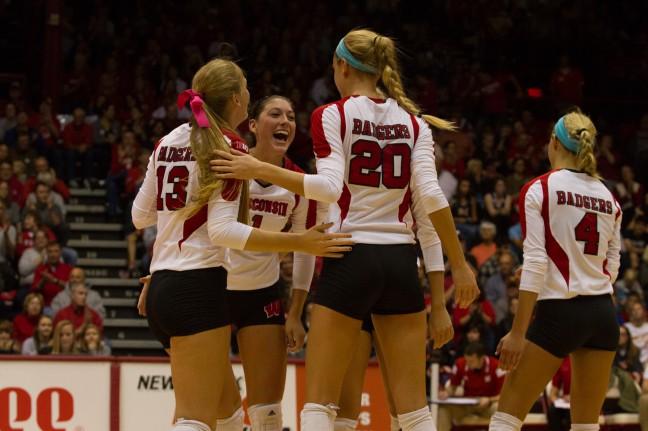Female athletes and scholars discussed the present and future of women in sports at an online session hosted by the Cap Times Thursday. The online seminar focused on Title IX this Thursday, and female athletes and scholars discussed the present and future of women in sports.
The session focused on the Education Amendments Act of 1972, which is the legislation that prevents “discrimination based on sex” in school and other education programs that receive federal funding.
Despite the federal law that helped female student-athletes make significant progress in 1972, the panelists at the seminar recognized gender-based discrimination remains in the system today.
Professional soccer player for the Portland Thorns FC Simone Charley expressed her disappointment about the lack of investment that goes into professional women’s sports.
For example, Charley said, women’s sports are marketed on television less than men’s sports, creating a cycle that stems from the lack of investment in women’s sports.
“It’s what leads to this overall umbrella of women’s sports not having the same treatment and not being able to produce the same results that their male counterparts can,” Charley said.
According to Times Union, Title IX is “far-reaching” and affects school curricula, guidelines for dealing with sexual assault reports and compliance from schools at every level of education in the United States.
Victoria Jackson, who is clinical assistant professor at Arizona State University, mentioned the importance of Title IX as a precedent for sports in other countries.
“Sharing the knowledge of Title IX with the rest of the world can inspire female athletes across the globe,” Jackson said. “There are places outside of the U.S. who look to Title IX and the regulations in particular as inspiration and aspiration.”
The Biden Administration is also working on changing the way Title IX is used, according to the Times Union. Specifically, they are working to expand Title IX to include protections for transgender people, an initiative the Trump administration rolled back.
Additionally, female athletes are encouraged to build their own personal brand and be active on social media to increase their wages, Charley said.
“I think it’s good to see, but it also shines the light on where we still have to grow,” Charley said.
University of Oregon Assistant Professor Courtney M. Cox said she was concerned the number of women in the front offices as coaches or athletic directors is small.
Women are constantly underrepresented in leadership roles in sports. In 2016 and 2017, about five percent of the NCAA head coaches of men’s teams were women.
“There are ways that we celebrate these small victories without understanding these structural things haven’t shifted as much as we might have liked in 50 years,” Cox said.


